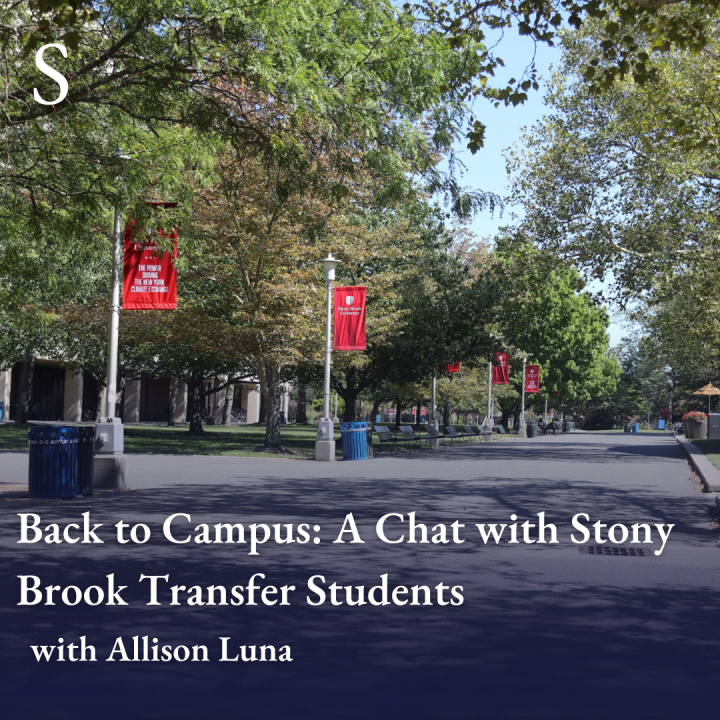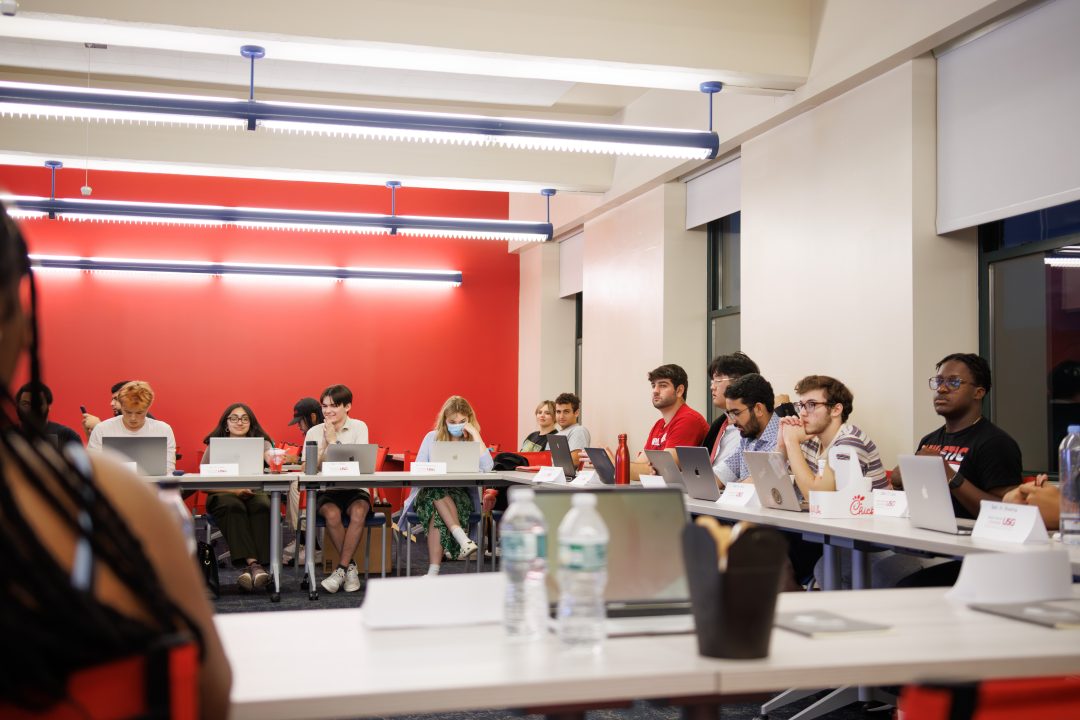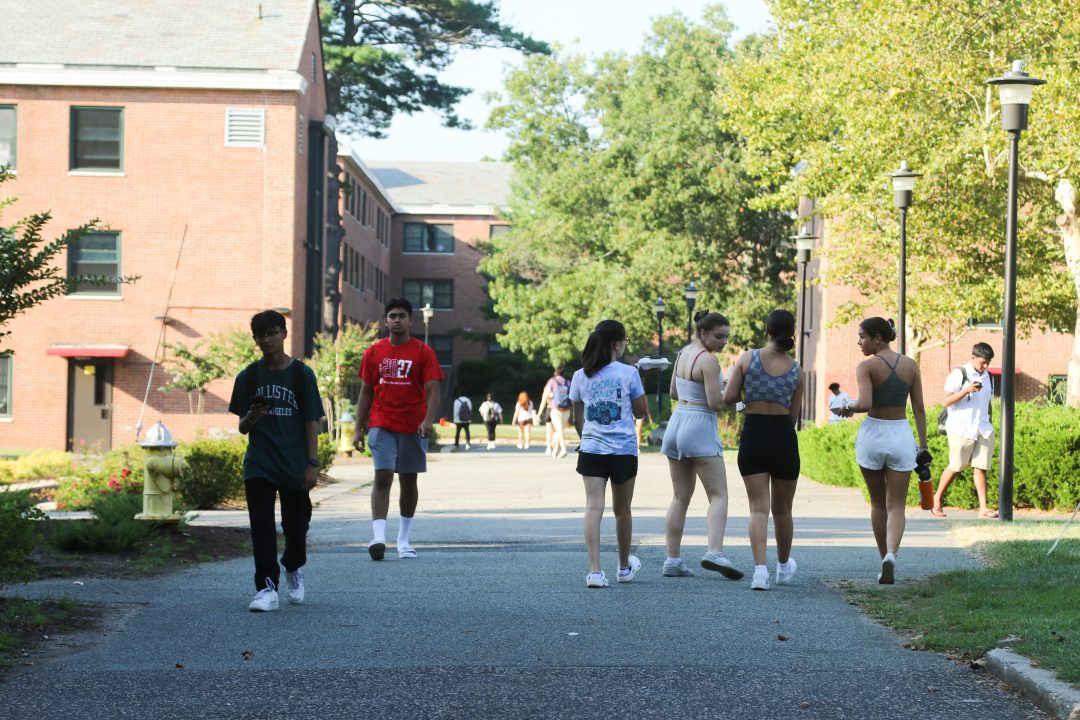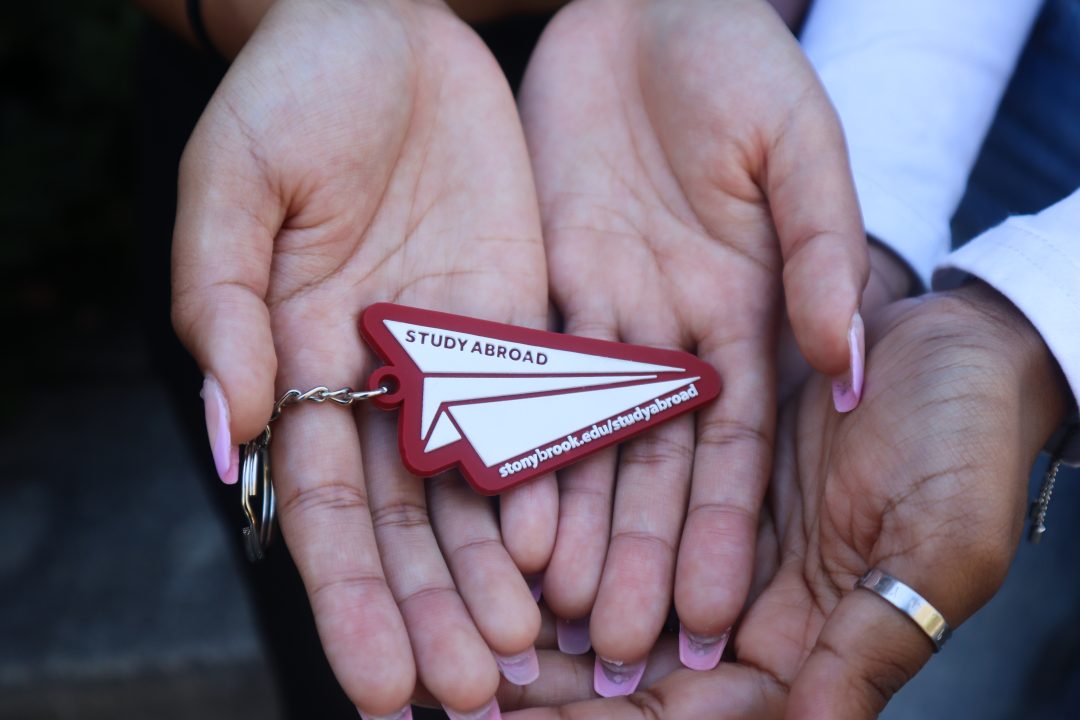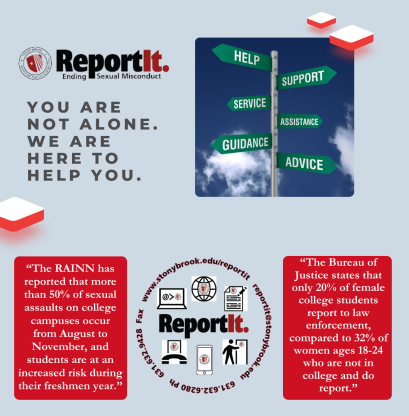
Despite efforts to address sexual misconduct on campus, the ReportIt program shows little evidence of making Stony Brook University a safer environment.
ReportIt: Ending Sexual Misconduct is the mandatory training program onboarding students must complete before fully enrolling at Stony Brook.
Implemented by the Office of Equity and Access (OEA) nearly a decade ago, ReportIt is required on an annual basis for faculty, staff and residential assistants. The program outlines the University’s policies on sexual misconduct and resources such as the University Police, Title IX and Counseling and Psychological Services (CAPS), all of which students can report incidents to.
Training programs like ReportIt have become increasingly common ever since 1998, when the Supreme Court ruled that anti-sexual harassment policies and trainings are essential to determining an institution’s liability in accusations of sexual misconduct.
Completion rates for the program have steadily grown, with the OEA reporting over 90% of employees and over 80% of students having finished ReportIt.
But rates of sexual violence and harassment on campus have not changed much since 2020. In 2020, the OEA recorded 93 allegations of sexual harassment and 13 allegations of sexual violence. Meanwhile in 2022 alone, the OEA recorded 108 allegations of sexual harassment and 27 allegations of sexual violence.
An article released by The Statesman earlier this year also stated that the number of Title IX reports recorded at Stony Brook is more common among schools that have a larger enrollment of students.
Knowledge of reporting resources on campus is particularly pertinent in the first few months of the semester. The Rape, Abuse & Incest National Network (RAINN) has reported that more than 50% of sexual assaults on college campuses occur from August to November, and students are at an increased risk during their freshman year.
However the Bureau of Justice states that across all college campuses, only 20% of female college students report to law enforcement, compared to 32% of women ages 18-24 who are not in college and do report.
“The ReportIt training program’s objective is to encourage all members of the University community to report incidents and provide information on other options,” Title IX and ADA Coordinator Marjorie Leonard said.
RAINN also reported that 9% of sexual misconduct survivors who did not report believed the police would not do anything about their case.
Some students are speculating that utilizing resources for reporting could be too trivial because of the amount of people that report their cases.
“I just don’t trust institutions, because I feel like they get so many [reports] that they probably won’t pay attention to mine,” senior psychology major Valerie Moran said.
Training programs like ReportIt have also been criticized for having the adverse effect of trivializing sexual misconduct. Harvard Business Review reports that these programs can make men more likely to blame women for sexual misconduct or believe women are overreacting.
Earlier this year, a group project known as Hold SBU Accountable conducted a survey where 104 students reported their confidence levels in knowing who to report to on a scale of 1-10 (10 being the most confident). Seventy-four students reported their confidence level to be at a five or lower.
Moran also explained that she does not remember the resources listed by the ReportIt program.
“I don’t remember a single thing there, like who we could contact,” she said. If anytime I want to contact somebody, or someone on campus, I would just search up Stony Brook, whatever I need.”
The Center of Prevention and Outreach (CPO)’s survivor advocate Christine Szaraz stated that the role exists to guide students in navigating options following sexual misconduct.
“While at some schools an advocate role may be connected to reporting areas like Title IX or counseling areas like CAPS, here at SBU the Survivor Advocate is positioned within CPO,” Szaraz said.
The common misconception that the Survivor Advocate is directly related to reporting can make it even more difficult for students to access resources after a traumatic experience.
“Stony Brook has a sort of unique system,” Szaraz said. “This can make students feel like they’re being shuffled around from one department to another.”
However, students also saw the benefits of ReportIt in providing access to resources on campus.
“I believe that the system of ReportIt is actually very beneficial and useful for Stony Brook students because it provides an easy to access route to gaining information,” freshman biology major Priya Persaud said.
Leonard also reported that the ReportIt training program has had an impact on the amount of reports made to Title IX.
“We have observed reporting in periods immediately following times when the ReportIt website or training program are advertised or assigned both to students and employees,” Leonard said.
Students generally reported feeling safe on Stony Brook’s campus, albeit with little connection to ReportIt.
“I do believe it’s a very safe campus, Persaud said. “I believe that the students here do take into account being safe and they’re just generally honest and trustworthy.”
The New York Times reported that a more effective alternative to programs like ReportIt is bystander training, where the trainee is instructed on how to disrupt situations of possible sexual misconduct.
Researchers on bystander training also encourage intervening early, which includes speaking against inappropriate comments or not allowing harassment to be ignored by peers.
“Regardless of whether the impact is big or small, the Office of Equity and Access’ commitment to a safe and accessible non-discriminatory Stony Brook University experience for all students and members of the University community will remain unchanged,” Leonard said.
Stony Brook provides several resources — confidential and non-confidential — for survivors of sexual misconduct.
“CPO hosts a weekly drop-in space on Thursdays at 1 p.m. for folks who may want to connect with the Survivor Advocate,” Szaraz said. “A place where folks can gather to focus on coping, connection, and healing.”







